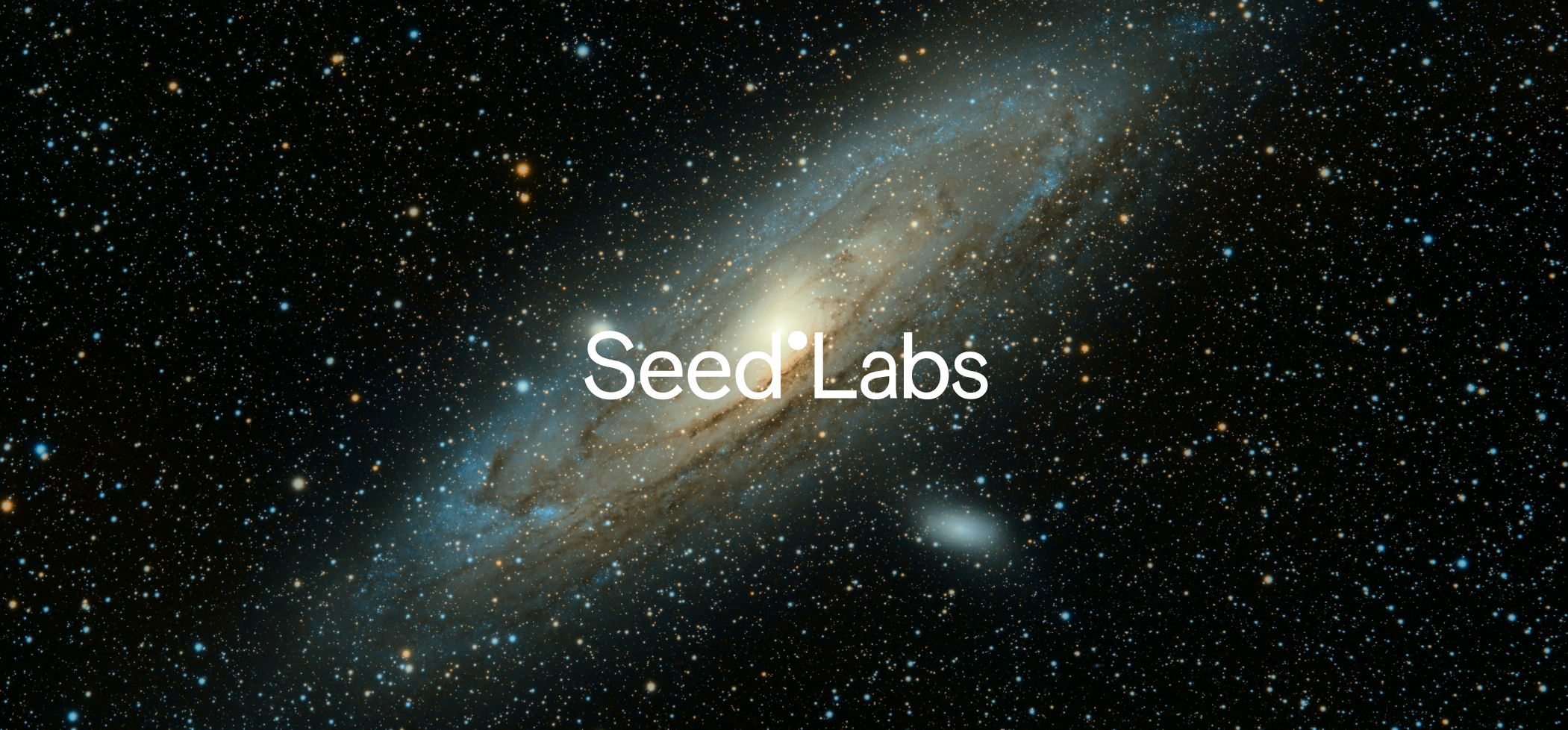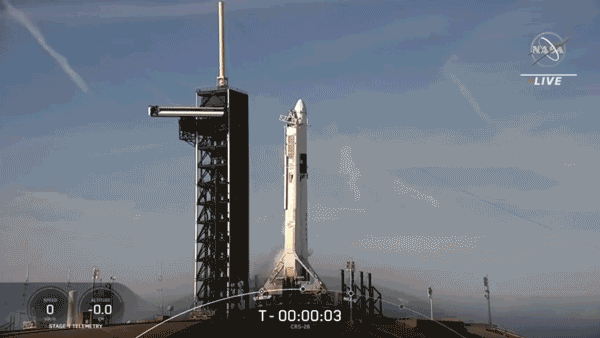Health is not just human.
SeedLabs—Seed’s ecological research and development arm—was founded to advance environmental research and develop microbial innovations to restore ecosystems impacted by climate change.
As Director of Storytelling + Experience, I owned the brand expression of our SeedLabs projects, the translation of the science in collaboration with our principal investigators, and the amplification and comms strategy for research developments.
The three core projects I worked on are listed below. The role I played for each involved strategic storytelling, being the brand liaison for all academic institutions, creative direction and content creation, and PR and comms strategy collaboration with agencies and Seed’s internal comms team.
Projects:
Plastic Upcycling Bacteria + Space
Microbes for Carbon Capture + Remediation
Probiotics for Coral Reef Regeneration (Coming 2023-2024)
The Aeolian Islands (off the coast of Sicily) taken during one of SeedLabs’ expeditions to capture carbon-eating microbes. Photo: John Kowitz
Project: Plastics + Space
A collaboration between Seed Health, MIT Media Lab Space Exploration Initiative, NREL (National Renewable Energy Lab), Weill Cornell Medicine, and Harvard Medical School to build an autonomous biological system that converts PET plastic into an environmentally benign "new plastic".
The biological system launched for the ISS aboard SpaceX CRS-26 on November 26th, 2022 out of Kennedy Space Center.
Role: Director of Storytelling + Experience
1.) Conceptualization of Research Project with Seed’s R+D Team, 2.) Creative Direction, 3.) Brand Liaison, 4.) Comms + PR Strategy, 5.) Copywriting
Announcement video for social media. Edit by Sandeep + Chadrick.
Live footage of SpaceX CRS-26 launching our bioreactor—MicroPET—to the International Space Station.
Covered In:
Awarded:
Project: Microbes for Carbon Dioxide
A collaboration between Seed Health and the Two Frontiers Project is Seed’s first expedition-based research project—our team dove into Sicily’s acidic volcanic waters in search of “extremophile” microbes to learn how they survive. The never-before-seen bacteria they found may unlock a crucial solution to help curb greenhouse gas emissions.
Microbes are truly the ultimate survivors. They’ve perfected unique ways to live in nearly every extreme environment on Earth—from Yellowstone’s hot pools to the volcanic vents of the deep sea. As humans face the increasingly existential challenges brought on by climate change, many researchers are looking to microbes to unlock new paths forward for the entire planet. If microbes have managed to adapt to some of the most inhospitable habitats, could we leverage their capabilities to solve some of our planet’s most pressing issues?
Seed teamed up with Dr. Braden Tierney to document his first expedition to Sicily to sample in search of carbon-eating microbes living in extreme environments. They hypothesized that these “extremophiles” could help solve our planet’s urgent CO₂ problem.


















